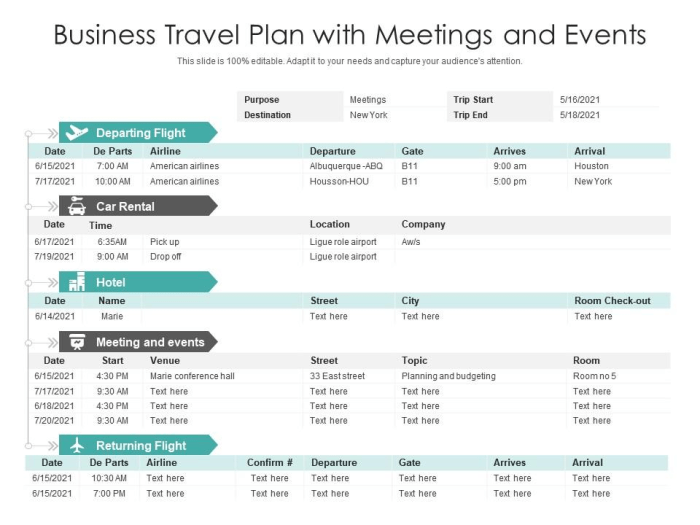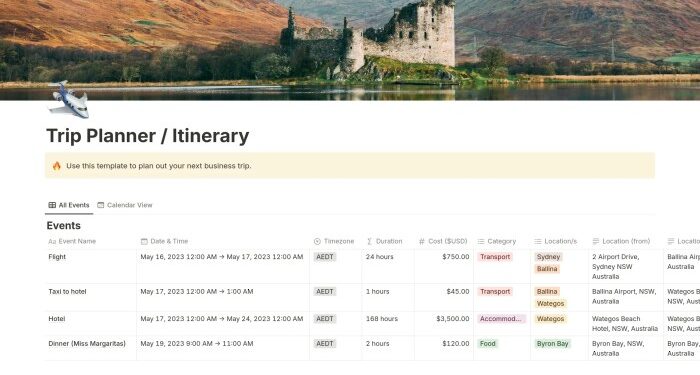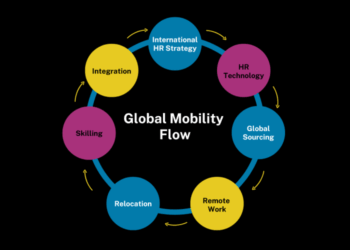Exploring the differences between Corporate Traveller and Business Trip Planner opens up a world of contrasting roles and responsibilities within the realm of professional travel. Let's delve into the intricacies of these positions to determine which one holds the upper hand.
As we navigate through the comparison of Corporate Traveller and Business Trip Planner, we uncover unique insights and perspectives that shed light on the debate of which role reigns supreme.
Corporate Traveller vs. Business Trip Planner

When it comes to organizing business trips, two key roles play a vital part in ensuring everything runs smoothly - the corporate traveller and the business trip planner. Let's dive into the specifics of each role and compare their functions.
Corporate Traveller
A corporate traveller is an individual within a company who is required to travel for business purposes. Their primary responsibility is to represent the company during meetings, conferences, and other business-related events held in different locations. They are tasked with networking, negotiating deals, and fostering relationships on behalf of the organization.
Business Trip Planner
A business trip planner, on the other hand, is responsible for organizing and coordinating all aspects of a business trip for the corporate traveller. This includes booking flights, accommodations, arranging transportation, scheduling meetings, and ensuring all necessary documentation is in order.
They need to be detail-oriented, resourceful, and able to handle unexpected challenges that may arise during the trip.
Comparison of Functions
- Corporate Traveller:
- Represent the company during business trips.
- Network, negotiate deals, and build relationships.
- Attend meetings, conferences, and events on behalf of the organization.
- Business Trip Planner:
- Organize travel logistics such as flights, accommodations, and transportation.
- Schedule meetings and coordinate the itinerary for the trip.
- Ensure all necessary documentation and arrangements are in place.
Skills Required
When it comes to corporate travel and business trip planning, both roles require specific skills to ensure successful outcomes. Let's delve into the essential skills needed for each position and explore how they differ.
Essential Skills for a Corporate Traveller:
- Excellent Time Management: Corporate travellers need to effectively manage their time to meet tight schedules and deadlines.
- Adaptability: Being able to adapt to different environments, cultures, and unexpected changes is crucial for corporate travellers.
- Strong Communication Skills: Clear communication with colleagues, clients, and suppliers is essential for a corporate traveller to navigate various situations.
- Problem-Solving Abilities: Corporate travellers must be able to think on their feet and find solutions to unexpected challenges that may arise during their trips.
- Attention to Detail: From travel itineraries to expense reports, corporate travellers need to pay attention to detail to ensure accuracy and compliance.
Key Skills Needed for a Business Trip Planner:
- Organizational Skills: Business trip planners must be highly organized to coordinate all aspects of a trip, including transportation, accommodation, and meetings.
- Research Skills: Conducting thorough research on destinations, accommodations, and travel options is crucial for business trip planners to make informed decisions.
- Negotiation Skills: Business trip planners need to negotiate deals with vendors, hotels, and airlines to secure the best rates and arrangements for their clients.
- Customer Service Skills: Providing excellent customer service to clients before, during, and after their trips is essential for business trip planners to build strong relationships.
- Problem-Solving Abilities: Like corporate travellers, business trip planners must possess strong problem-solving skills to address any issues that may arise during a trip.
The skill sets of a corporate traveller and a business trip planner differ in terms of focus and responsibilities. While corporate travellers need to excel in time management, adaptability, and communication, business trip planners must prioritize organizational skills, research abilities, and negotiation tactics to effectively plan and execute successful trips for their clients.
Planning and Organization
When it comes to planning and organizing a trip, both corporate travellers and business trip planners need to ensure that everything runs smoothly. Let's delve into the details of how each approaches this crucial aspect of travel.
Corporate Traveller
- Corporate travellers typically begin the planning process by determining the purpose of the trip and setting clear objectives.
- They then research and book flights, accommodations, and transportation based on company policies and budget constraints.
- Corporate travellers also need to arrange meetings, conferences, and any other business-related activities during their trip.
- They must stay organized by keeping track of all travel documents, itineraries, and expense reports.
- Flexibility is key for corporate travellers, as plans may change last minute due to business needs or unforeseen circumstances.
Business Trip Planner
- Business trip planners start by understanding the requirements of the client, including the purpose of the trip, budget, preferences, and any specific needs.
- They research and compare various travel options, such as flights, hotels, and transportation, to create a customized itinerary.
- Business trip planners handle all booking arrangements, including reservations, confirmations, and changes as needed.
- They coordinate with vendors, venues, and other service providers to ensure that everything is in place for a successful trip.
- Business trip planners also provide ongoing support throughout the trip, assisting with any issues or changes that may arise.
Comparison
While corporate travellers focus on meeting specific business objectives and adhering to company policies, business trip planners take a more holistic approach by considering the client's needs and preferences. Corporate travellers have a more hands-on approach to planning, whereas business trip planners handle all the details on behalf of their clients.
Both roles require strong organizational skills, attention to detail, and the ability to adapt to changing circumstances.
Communication and Networking
Effective communication and networking are essential components for both corporate travellers and business trip planners in ensuring successful trips and collaborations.
Role of Communication for Corporate Traveller
- Corporate travellers need to communicate clearly and efficiently with colleagues, clients, and vendors to coordinate meetings, events, and travel logistics.
- They must maintain open lines of communication to address any issues that may arise during the trip and ensure smooth operations.
- Utilizing various communication tools such as emails, phone calls, and messaging apps is crucial for staying connected and informed while on the go.
Importance of Networking for Business Trip Planner
- Networking is vital for business trip planners to establish connections with hotels, airlines, and other service providers to secure the best deals and accommodations for their clients.
- Building a strong network of industry contacts allows business trip planners to access insider information and resources that can enhance the overall travel experience for their clients.
- Networking also enables business trip planners to stay updated on the latest trends and developments in the travel industry, ensuring they can offer top-notch services to their clients.
Communication Strategies for Corporate Traveller vs. Business Trip Planner
- Corporate travellers often focus on direct and concise communication to convey important information efficiently and make quick decisions on the go.
- On the other hand, business trip planners may adopt a more strategic approach to communication, building relationships and rapport with industry partners to negotiate better deals and secure exclusive perks for their clients.
- While corporate travellers prioritize immediate responsiveness and real-time updates, business trip planners may emphasize building long-term relationships through effective communication and networking efforts.
Ending Remarks

In conclusion, the contest between Corporate Traveller and Business Trip Planner unveils a dynamic landscape of skills, planning strategies, and communication nuances. By understanding the core disparities between the two roles, one can make an informed decision on which path aligns best with their objectives and aspirations.
FAQ Explained
What are the essential skills for a Corporate Traveller?
Essential skills for a Corporate Traveller include adaptability, time management, and cultural awareness to navigate various business environments efficiently.
What key skills are needed for a Business Trip Planner?
Key skills for a Business Trip Planner encompass organizational abilities, attention to detail, and negotiation prowess to orchestrate seamless travel arrangements for corporate purposes.
How do communication strategies differ between a Corporate Traveller and a Business Trip Planner?
Communication strategies for a Corporate Traveller focus on effectively conveying company objectives and building professional relationships, whereas for a Business Trip Planner, communication emphasizes coordinating logistics and ensuring smooth travel execution.


![[2025] Complete Guide to Corporate Travel Management - ExpenseIn Blog](https://travel.delik.tv/wp-content/uploads/2025/10/benefits-of-effective-corporate-travel-management-75x75.png)










